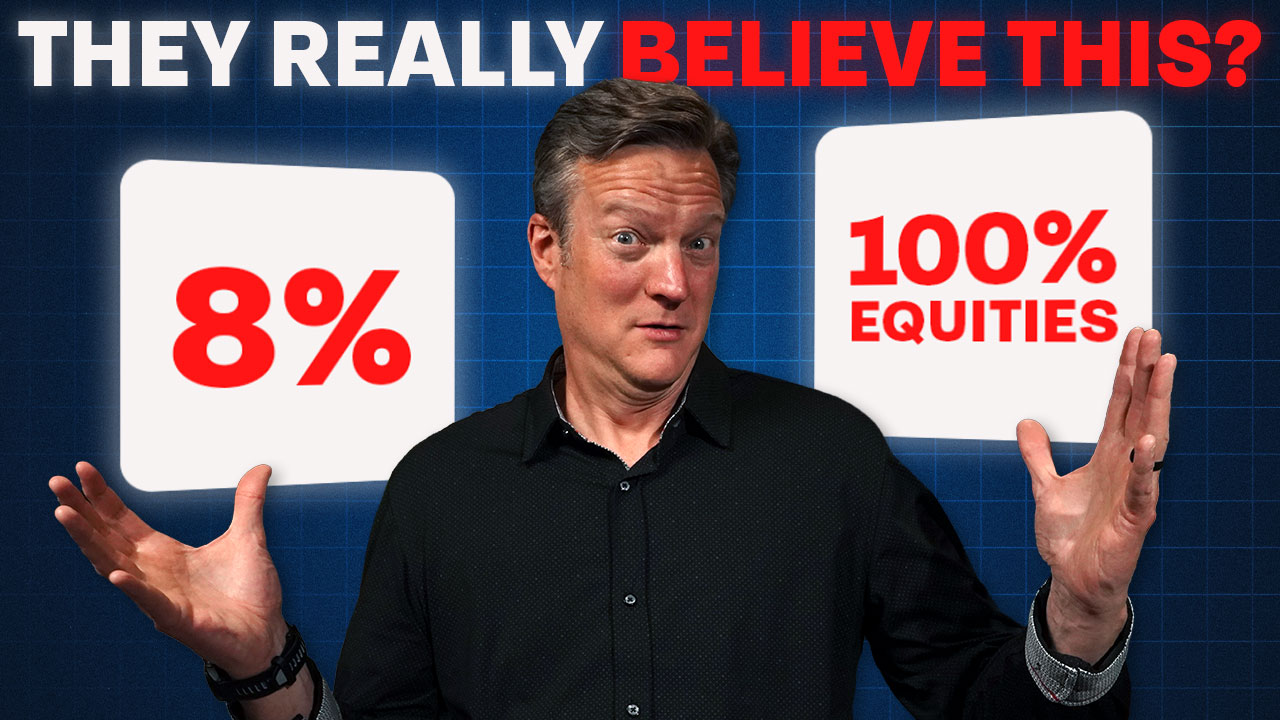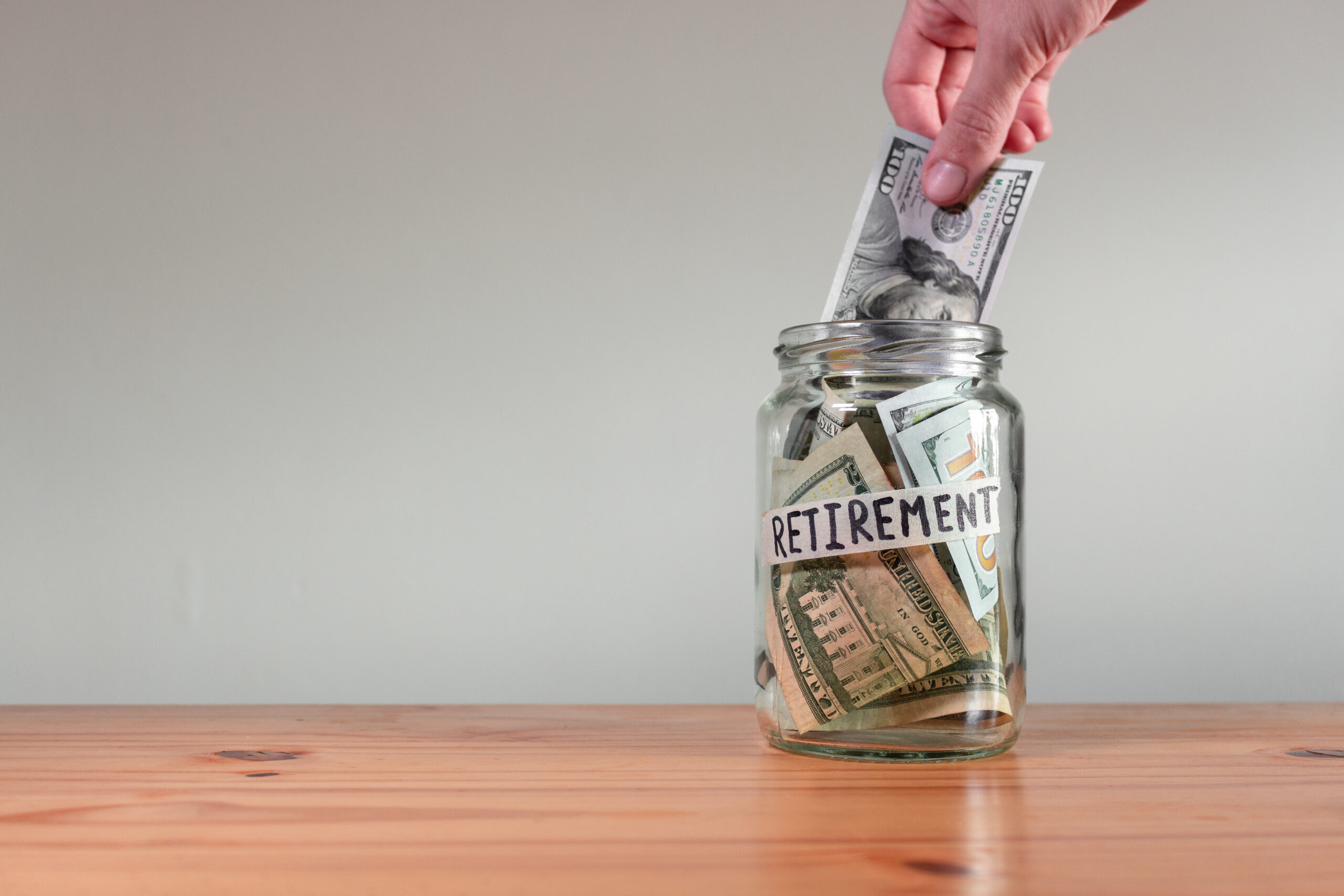Alright, question from Benjamin: if you have no pre-tax buckets, our Roth IRA, and taxable brokerage, is that enough? We are in the 12% tax bracket for our household.
So, we get this question a lot. Lower tax bracket payers say, "Hey, based on the rules, I'm funding my Roth and I'm doing the Roth IRA and I'm doing the HSA and I'm doing the Roth 401k or Roth 403b, and then once I get that maxed out, then I'm jumping over to the after-tax account. So, if I don't have a pre-tax bucket, is that okay?"
Well, the first thing that we would remind you of - when you participate, oh man, I can't even say this anymore - 2.0 is blowing this all up. What we used to say is that when you participate in an employer-sponsored plan and the employer puts money in for you, it has to go in pre-tax. Well, now some of those rules are changing, stay tuned. But if you have been contributing, then you would have some pre-tax money that is built up in there. So, you naturally have some of that.
But when it comes to your
Financial Order of Operations and your saving, you kind of got to love the one you're with. So, based on your circumstances, if you're building Roth and if you're building after-tax, I don't think that's wrong. I don't think that's bad. I don't think that you have to try to force money into that pre-tax bucket if that's not what your situation warrants.
Having worked through the
Financial Order of Operations, yeah, I mean, if you're trying to figure out your MVP list of different bucket strategies, obviously, Roth money is super powerful. Once you get beyond cash reserves and so forth, then the after-tax is something that, if you're a part of the FIRE movement, you want to build up. And we've always been very transparent. The pre-tax accounts, even if you're in a low tax bracket and you're trying to load up on the Roth and other stuff, this was like the stray dog that followed you home. And the fact that this was your employer match and other things because it had to go in pre-tax, those accounts just naturally happened because of the current tax structure.
Now look, some of that's changing with the Secure Act 2.0. They've actually made it where your employer can actually put the money in Roth as well, so it won't have to go in pre-tax. The difference is you're going to pay the income taxes right on probably your - well, it's going to be on your W-2 - because somebody is going to pay the income taxes on that. That's still probably a really good deal in the long term with all that exponential compounding growth.
But I'm going to give you the freedom, Benjamin, to understand pre-tax doesn't have to be a priority, especially if you're young and in a low-income tax situation. Now, we'll tell you for people when your income gets you into those highest tax brackets, you're going to then run into this pre-tax problem. Because remember, the whole goal is to try to avoid those high tax rates now so that hopefully when you hit retirement and you don't have all that earned income coming in, you're going to be in a lower income tax situation, hopefully with a lower tax rate. And that's when it makes sense to look at Roth conversion strategies and other cool planning things.
If you want to know how powerful your dollar bills are, check out our
Wealth Multiplier deliverable here.














